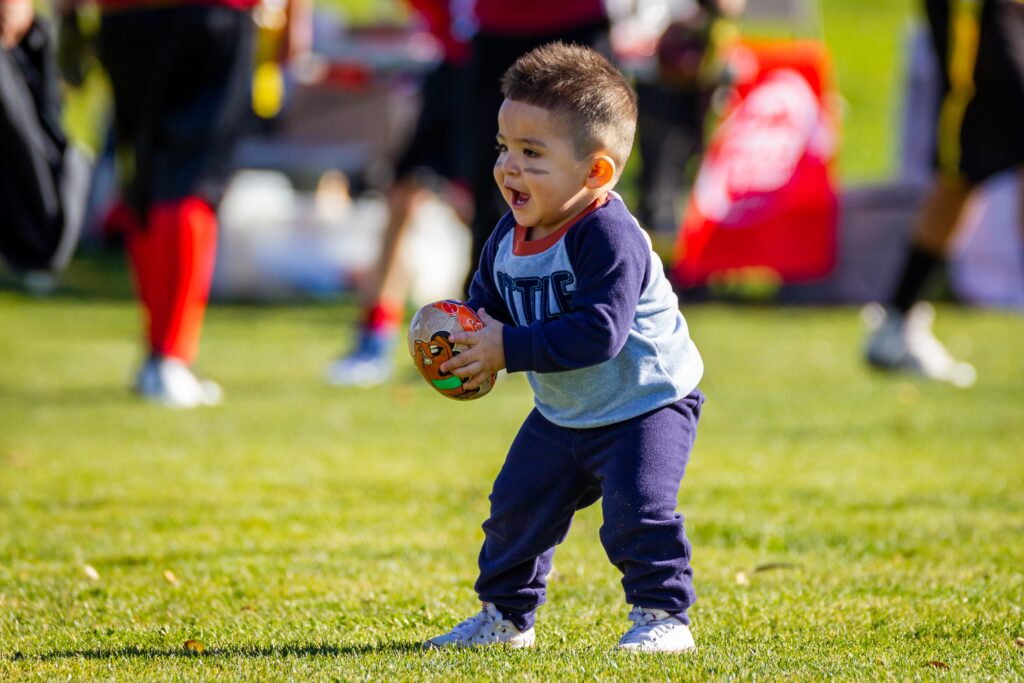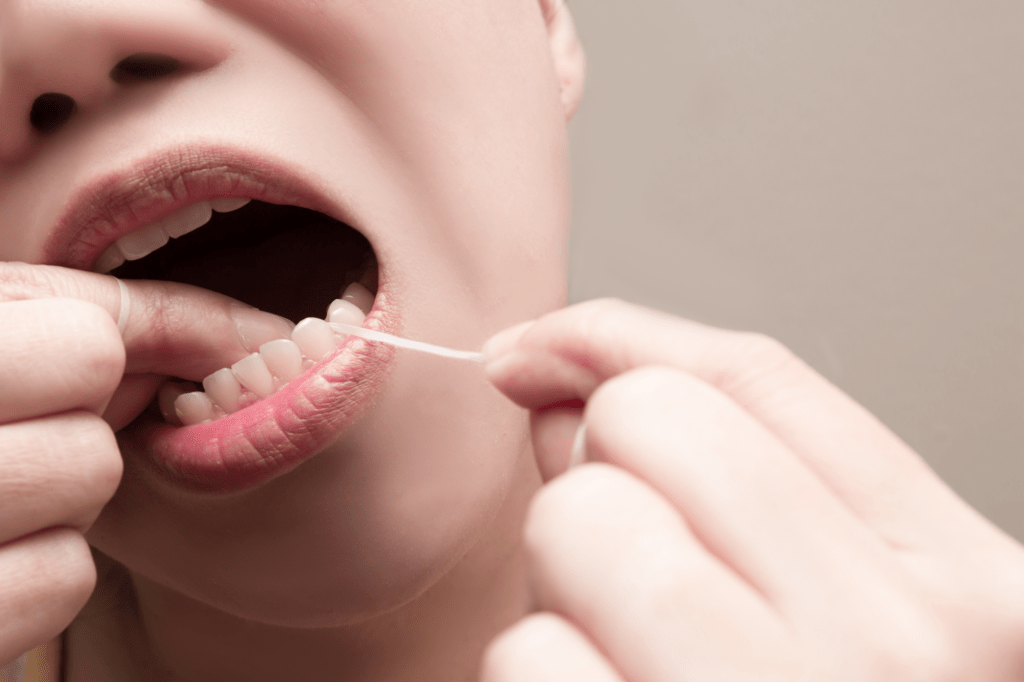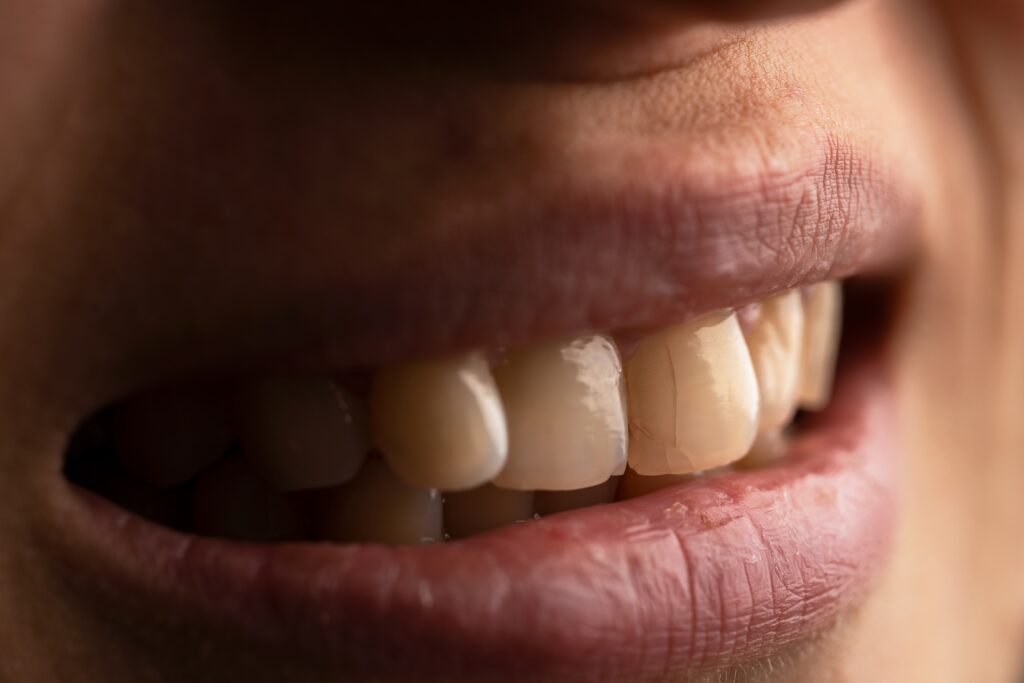Emergency Dentistry – Cochrane
Dentists in Cochrane, Alberta, and the surrounding area are no strangers to emergency dentistry! Here at Bow River Dental Centre, we anticipate the full array of dental emergencies that come along with cold weather and icy conditions.
Injuries to the teeth and gums should not be taken lightly and need to be treated immediately. Prevention is the key to avoiding emergency dentistry. Below we will detail how common dental injuries can be avoided for adults and children.
Emergency Dentistry Prevention for Adults
Practice Good Oral Hygiene
Maintaining a good oral hygiene routine is one of the best ways to avoid a dental emergency. By ensuring that you brush properly and floss every day, you are helping to keep your mouth clean, healthy, and free of cavities.
Additionally, avoid using your teeth where an appliance will do the trick. This can come as a bad habit until you find yourself chipping a tooth! The same goes for carelessly biting into hard food items like ice, popcorn kernels, and hard candy. And if you have kids, include this information in their dental home care education.

Oral Appliances: Sports guards and Nightguards
Using custom-fitted sports guards and night guards is an excellent way to protect your teeth and gums from dental emergencies. While there are pre-formed mouth guards available, they aren’t customized to the wearer’s mouth in any way.
Ready-to-wear mouth guards are certainly the least expensive option available, however, they are also the most ill-fitting and clunky. A custom-fitted oral appliance is ideal, made to last and conform to your mouth for optimized protection and comfort.
Sports Guards to Prevent Dental Emergencies
Many people associate sports guards with contact sports like boxing or hockey. But did you know that mouth guards are also used by other athletes, like runners and tennis players?
While trauma to the oral cavity is far less likely in these no-contact sports, the combination of activity, equipment, and terrain still leaves these athletes vulnerable to similar injuries.
Night Guards for Bruxism
While bruxism (unconscious tooth grinding) is not a dental emergency, it can wear your tooth enamel down significantly. Additionally, it can lead to TMJ disorder, which can cause headaches and jaw soreness.
A custom-fitted night guard can offer significant relief from the persistent tooth-on-tooth grinding.

Emergency Dentistry Prevention for Infants and Toddlers
It won’t be news to parents that babies and young children have ample opportunities to get into all sorts of dental emergencies!
Our section on Pediatric Dentistry is filled with helpful information on children’s dental homecare, an essential part of preventative dentistry, and a good supplement to this section.
The following tips will focus specifically on how to safeguard your child from dental emergencies.
Car Seats
Use a properly sized infant car seat, ensuring that seat belts fit well as your child grows. The US Department of Transportation has a great online resource to help you select the right seat for your child.
Teething
When your child is teething, they will put anything and everything in their mouth, right? Keep them away from hard objects that they may be tempted to chew on. Ensure that they have a clean and cold teething toy handy when they feel fussy and uncomfortable from teething pain.
Learning to Walk
Learning to walk involves quite a few stumbles and falls. If your child experiences a particularly tough fall, check their mouth and teeth for missing teeth, cracks, or anything that looks out of place.
If you’re not confident that you can identify a possible issue, bring them in for a checkup!
Playing Sports Safely
We discuss mouthguards in more detail under Emergency Dentistry Prevention for Adults. As your child begins playing sports, a protective oral appliance or mouth guard is an excellent preventative investment.
Sports-specific mouth guards aren’t just for preventing dental emergencies. Your child can have fun without worrying about unavoidable impacts. Encourage your child to think of wearing sports guards as a standard safety procedure, no different from seatbelts and bike helmets.
Common Dental Emergencies: What To Do
These preventative measures are excellent safeguards. Unfortunately, prevention isn’t foolproof because accidents happen and dental emergencies will arise from time to time.
The following are common dental emergencies and their solutions:
Objects Caught Between Teeth
Getting objects caught between your teeth is common. Dental floss is the default treatment for anything stuck between your teeth and applies here, too. Brushing and rinsing with warm water can also help to dislodge the blockage.
Do not try to use any other objects such as toothpicks, sewing needles, or the like to remove the obstruction as this can worsen the issue. If routine dental home care doesn’t do the trick, then get in touch with your friendly Cochrane family dentist and we’ll handle it!


Bitten Lip or Tongue
Wounds resulting from biting your tongue or lip can heal on their own. These injuries can be alarming at first as a healthy blood supply runs through the area. Dampen a clean cloth with cold water, wring it out and apply pressure to the wounded tongue or lip. Lip swelling can be reduced and soothed with the application of a clean ice pack. Should these approaches not slow the bleeding, then go to a hospital emergency room immediately, as you may need stitches.
Broken or Chipped Tooth
The good news about broken or chipped teeth is that they can usually be saved. Indeed, preserving the original tooth is a big part of our treatment philosophy at Bow River Dental Centre. Get in touch with us right away and we will make an appointment to see you as soon as possible. We will ask you to bring in any pieces of the tooth you’re able to save.
A white filling might be sufficient for small breaks to make the tooth whole. A serious break could require a crown or a root canal treatment.
Breaks or chips resulting from sports can be prevented with a custom-fitted sports guard.
Knocked-Out Tooth
Act immediately if you’ve had a tooth knocked out. Time is of the essence for helping a knocked-out tooth take root again. Keep in mind that the window is extremely narrow, 10 minutes or less.
Contact your Cochrane family dentist right away and see how quickly they can see you. Here at Bow River Dental Centre, we strive to accommodate urgent dental emergencies.
If the tooth has been entirely knocked out, hold it by the crown (tooth enamel). Do not touch the root, as the ligaments are crucial to successful rooting. Gently and carefully rinse the tooth with water. Do not scrub or do anything other than rinsing the tooth.
Holding the tooth by the crown, try placing it back in the opening. If it doesn’t fit back, place it in an airtight container and bring it with you to the dentist. It can also help to place the tooth in milk or saliva.
Gently rinse your mouth with water if the opening is bleeding. Should the bleeding not subside, applying pressure with clean gauze or wadded tissue to the opening will stop it.
Toothache
Dental pain and toothaches are common complaints and could hint at several issues. The most intuitive causes are cavities, tooth decay, and injury. However, a toothache can also be caused by bruxism (tooth grinding), an abscessed tooth, and more.
As soon as you experience a toothache, a proactive approach is best. Make an appointment with Bow River Dental Centre or your family dentist to investigate the source of your toothache.
To soothe the pain, hold a clean ice pack to your face, targeting the toothache area. Avoid directly contacting the aching tooth with medication or packs. Do not use heat to soothe the pain, as it will exacerbate the inflammation and throbbing.
Jaw Injury or Trauma
The symptoms of a broken or dislocated jaw have some overlap. Pain in the face, difficulty chewing, and jaw stiffness are among them. Do not try to correct the jaw’s position. Jaw injury is a serious emergency and you need to visit a hospital emergency room immediately. You can also contact Bow River Dental Centre for an emergency consultation. On your way, apply a clean ice pack to the injured jaw.
